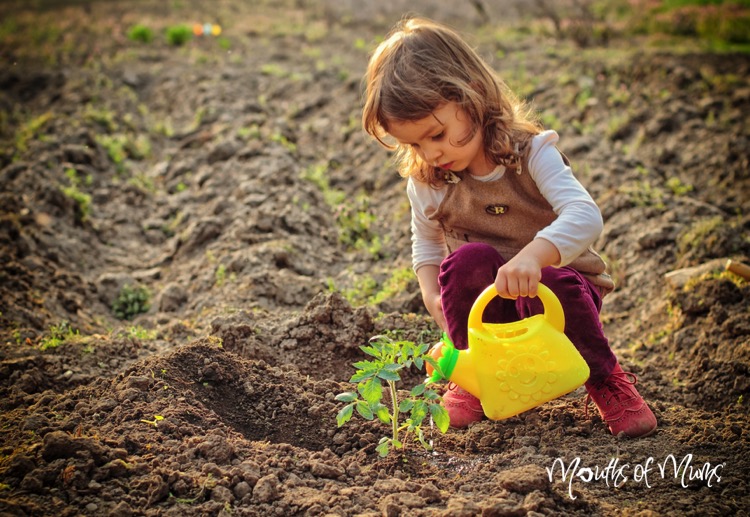Children’s brain soaks up so much of their environment in a short amount of time.
From the time they are born to around age six, your children’s brain absorbs everything. Research has shown that certain parts of the brain develop better with stimulation during their formative years. During your child’s early years, their brain develops quickly than at other times in their lives. What they see, taste, smells, hears or touches is a brain stimulation that fires off millions of connective cells for enhancing their learning and behaviour health.
Activate The Brain With Play
Parents can help to train their child’s brain to soak more knowledge through a myriad of techniques that includes activating the body. It is understood that kids prefer playing games indoor or on their tablets. However, by having them play outside in the old fashion manner of riding bikes, playing on swings, young kids playing in the sandbox or jungle gyms. Involving them in school sports helps keep their body’s engaged and their imaginations more active. Researchers have found that physical stimulation kicks their mental stamina into high gear. Parents need to understand that more study hours does not mean more knowledge. An experienced tutor who has significant expertise to understand a child’s learning pattern will educate him or her better at any given day.
Reading to Stimulate the Brain
A developing brain is always looking for mental stimulation and reading is one of the most effective solutions for learning about the world around children. Based on your child’s young age, read along with them in a variety of subjects. While reading test their ability to understand what they just read by having them explain what the read. This interaction helps to engage them in being imaginative, helps with memorization, and creativity, and to see how they think and respond. Reading is one of the best ways to promote a child’s brain development. If a child can not read, they can learn to recognize pictures, letters, or words which kicks off their ability to learn languages and recognizes certain images.
Teaching the Brain Through Games
Modern game technology along with older games like a child playing with blocks are great solutions to exercising a child’s bain. Virtual games for kids are great stimuli in activating their thinking prowess. Give a young child Legos and other games that induce their ability to construct things allows them to learn patterns, designs, and how to create imaginative structures.
Paediatricians encourage parents of toddlers to hold and touch blocks and to teach them how to build as part of their imaginative playtime. These earlier games help them later in life to develop cognitive tools and communication tools.
Playing has always been a source of fun for children and it teaches them to experiment, problem-solving, to observe, to explore, and to learn with encouragement and patience from parents and teachers. The skills in moving and being with other children and people increase their brain cells that control communication, talking, and listening. Playing is an important message that allows them to learn about themselves and how to interact with others.
Daily Living Increases Knowledge
Simple tasks and everyday things that a child sees and experiences all conform in how to train your child’s brain to soak more knowledge. For example, introduce math into their lives will help shape them for tomorrow. You must shop at the grocery store, bring your child with you to teach them how to look for a certain number of food items, looking at prices to recognize high and low-cost items. In other words, make it fun and challenging with a reward each time they figure out the right sequences.
Math is the Brain’s Greatest Stimuli
Home math training as a game is an accompaniment to what they learn in school. If kids can help mom and dad, they are happy to do it without them knowing that they are learning. With math games, children learn how to count, they learn about quantity, patterns, size, etc. It is important to make math useful to increase their understanding. When you are teaching a child in the classroom about numbers, they can equate to it better when they have been introduced to math involving real-life tasks with their parents or family members.
A New Hobby Helps Our Brain Grow
If your child is age appropriate, learning to play an instrument is more stimulating and fun than anything. Introduce them to a hobby that they may grow into like art painting, or help dad/mom with building tools to watch them make and build items. No matter what it is, watch your child’s interests and encourage their potential. When the brain is learning something new, the brain with its neural connections remains sharp and fed, even into adulthood.
Building the Brains of our Children
A child, like we once were, is not born with a brain that can think for itself nor can it recognize emotions, but we all have been building memory since we were born. We live in a world that gives our children limitless power to keep their brain cells activated, allow a child to learn to write, read, run track, play tennis, swim and more. Children will develop different skills or a knowledge base faster or slower than others around them, but each time you teach them the basics of life, the stronger their brains become to help us all reach our full potential.




















-

-
-
mom81879 said
- 17 May 2019
-

-
-
serotonin said
- 01 May 2019
-

-
-
Mum2archer said
- 30 Apr 2019
-

-
-
mom93821 said
- 27 Apr 2019
-

-
-
mom93821 said
- 26 Apr 2019
-

-
-
Blossom said
- 07 Apr 2019
-

-
-
Ellen said
- 06 Apr 2019

Post a comment8:01 pm
10:04 am
11:03 pm
4:46 am
6:04 am
8:32 pm
4:08 am
To post a review/comment please join us or login so we can allocate your points.